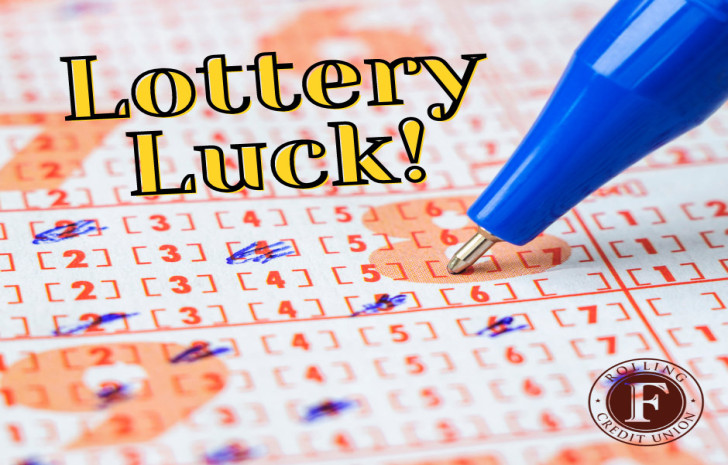
The Lottery: A Complete Guide to Understanding and Winning
A Brief History of the Lottery
The lottery has ancient roots:
Early Origins: Evidence of lottery-like games dates back to ancient China, where keno slips were used to fund major projects like the Great Wall.
European Lotteries: The first recorded European lotteries occurred in the Roman Empire, often as entertainment at dinner parties.
Modern Lotteries: The first modern lottery appeared in 15th-century Europe. Today, countries like the United States, UK, and Canada have popularized national and state-run lotteries.
How Does the Lottery Work?
Ticket Purchase: Players buy tickets, either from physical retailers or online platforms. Each ticket contains a set of numbers.
Number Selection: Depending on the game, players either choose their numbers or receive randomly generated ones.
Draw Process: Numbers are drawn randomly, either through mechanical means or computer algorithms.
Winning: Players win if their selected numbers match the drawn ones, either partially or completely, depending on the game’s rules.
Popular Types of Lotteries
National Lotteries: These include Powerball and Mega Millions in the United States, offering massive jackpots.
State Lotteries: Smaller-scale games that often support state-funded projects.
Scratch Cards: Instant-win games where players scratch off a surface to reveal prizes.
Online Lotteries: Digital versions of traditional lotteries, often with global accessibility.
Strategies to Improve Your Chances
While the lottery is primarily a game of chance, some strategies may increase your odds:
Play Consistently: The more you play, the greater your chances, though it’s important to set a budget.
Join a Syndicate: Pooling money with others allows you to buy more tickets collectively, increasing your odds.
Choose Less Popular Numbers: Many people choose birthdays or anniversaries, which limits the range. Opting for higher numbers may reduce the likelihood of splitting the jackpot.
Research Games: Smaller games with fewer players often have better odds, even if the jackpots are smaller.
Responsible Lottery Play
Playing the lottery can be fun and exciting, but it’s essential to do so responsibly:
Set a Budget: Decide how much you can afford to lose and stick to it.
Avoid Chasing Losses: Don’t buy more tickets to recover previous losses.
Understand the Odds: Be realistic about your chances of winning.
Seek Help if Needed: If gambling becomes a problem, reach out to organizations like Gamblers Anonymous.
Lottery Success Stories
Lottery winners often make headlines, inspiring others to try their luck. For example:
Mavis Wanczyk won $758.7 million in a Powerball jackpot in 2017, the largest single-ticket win at the time.
Anonymous Group: A group of coworkers pooled their money and shared a $1 billion Mega Millions jackpot in 2021.
While such wins are rare, they highlight the potential life-changing impact of the lottery.
What to Do if You Win
Winning the lottery can be overwhelming. Here’s what you should do:
Stay Anonymous: If possible, keep your win private to avoid unwanted attention.
Consult Professionals: Hire a financial advisor, lawyer, and accountant to manage your winnings wisely.
Plan Ahead: Consider long-term goals, such as investments, charitable donations, and retirement planning.
Resist Impulse Spending: Take time to plan major purchases.
Conclusion
The lottery offers a thrilling chance to dream big, but it’s important to remember that it’s a game of chance. By playing responsibly and understanding the mechanics, you can enjoy the experience while keeping expectations realistic. Whether you win a small prize or hit the jackpot, the key is to have fun and play wisely.
Good luck, and may the odds be in your favor!

